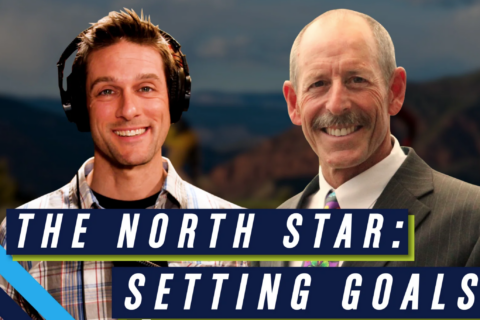
The North Star: Setting Goals to Give You Direction, with Will Murray
Coach and author Will Murray joins Coach Ryan Kohler for a discussion of what makes a useful set of goals, how to develop them, the psychology of goals, and much more.
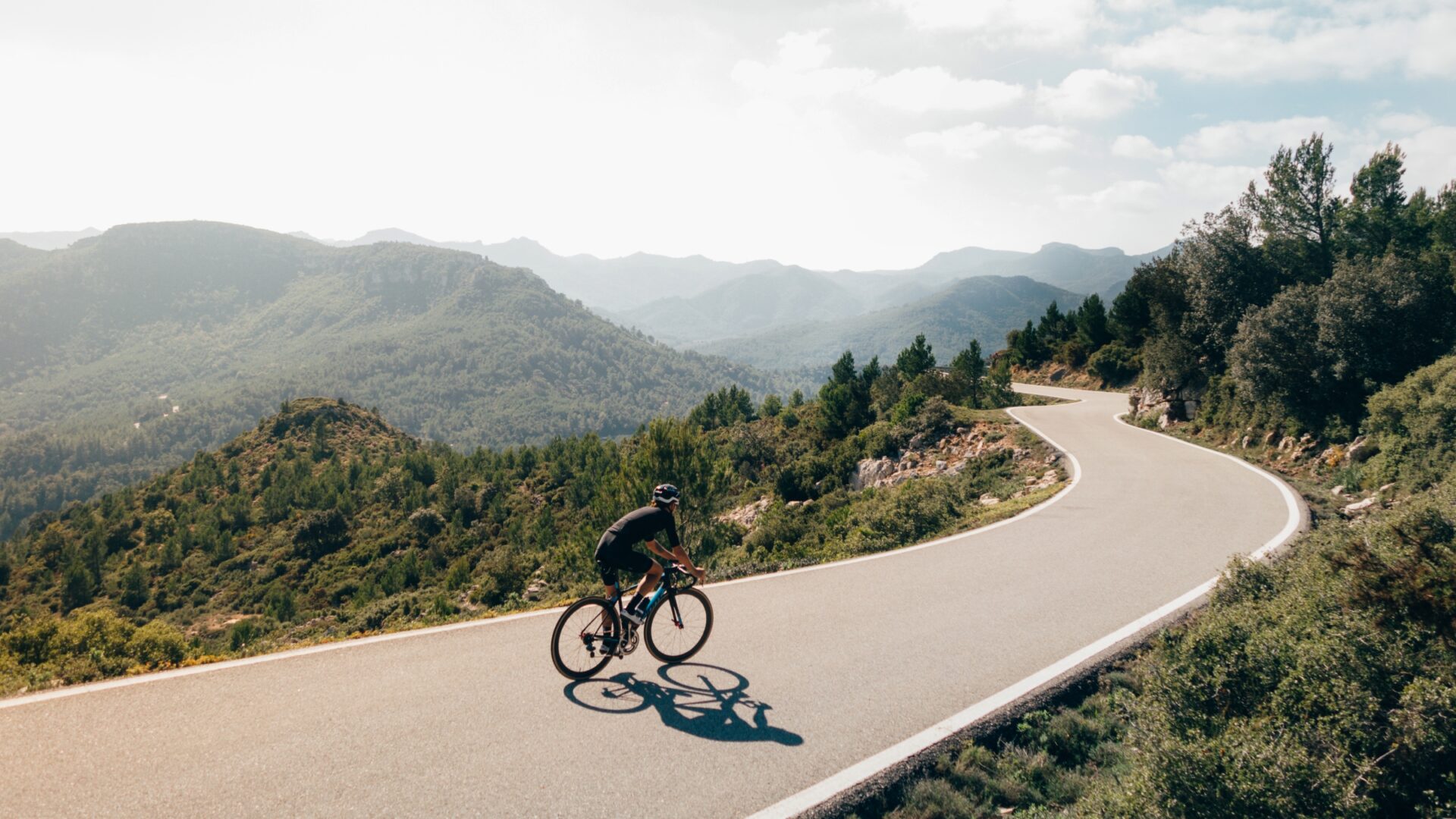

Coach and author Will Murray joins Coach Ryan Kohler for a discussion of what makes a useful set of goals, how to develop them, the psychology of goals, and much more.
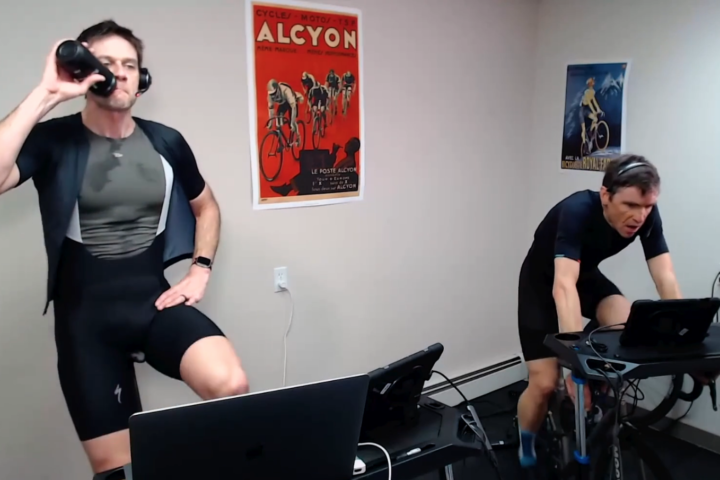
These “on/off” style intervals will help you push top-end power and cardiovascular adaptations.
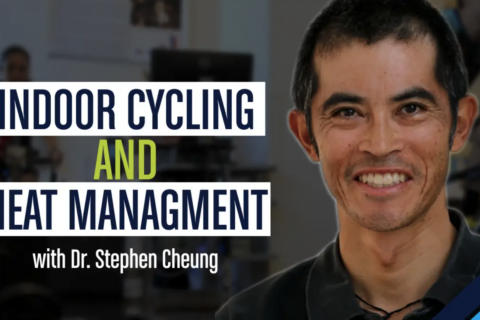
Dr. Cheung offers several tips to improve indoor cycling conditions to minimize any environmental impact. Hint: Airflow changes everything!
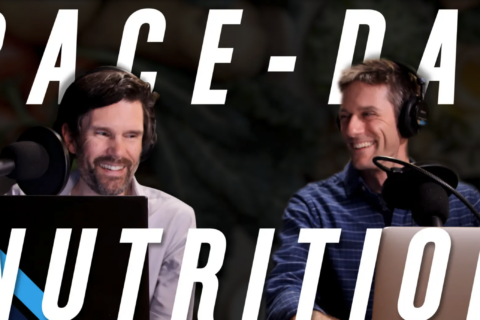
Coaches Ryan Kohler and Trevor Connor discuss how to write out your nutrition plan, how to determine what nutrition will be available at aid stations, estimating nutrition needs between aid stations, and much more.
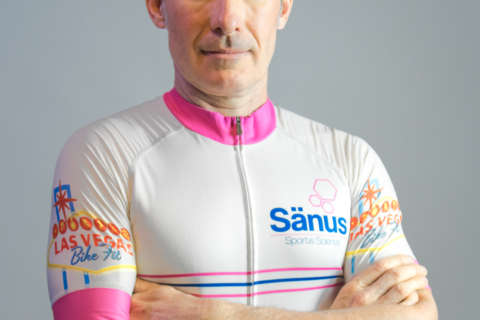
Greg Choat, cycling coach and bike fitter, discusses his work helping a human body fit seamlessly onto a carbon or metal frame.
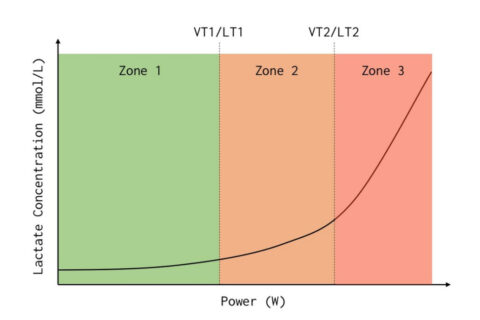
Dr. Stephen Seiler and Trevor Connor discuss polarized training, intensity distribution, and endurance in this webinar with CKO Sprint.
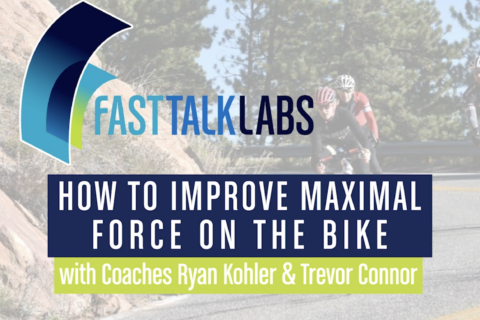
Coach Ryan Kohler demonstrates ways to train maximal force production, or torque, on the bike.
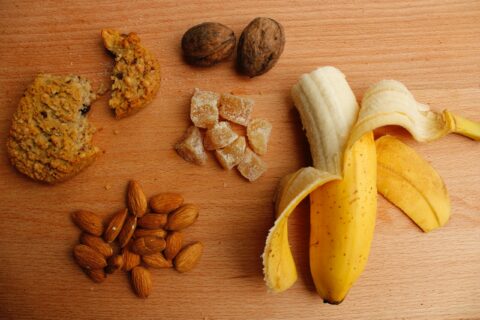
We sit down with sports nutrition expert Asker Jeukendrup to discuss potential performance gains from modifying carbohydrate load during training.
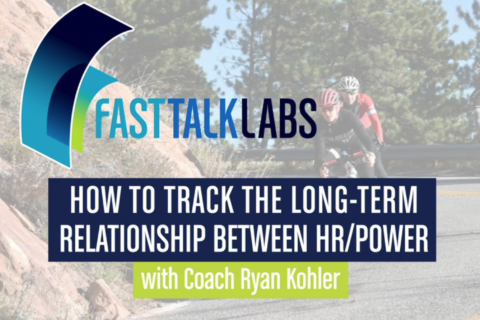
Coach Ryan Kohler reviews season-to-season changes in heart rate/power distributions to illustrate improvements across the different energy systems.
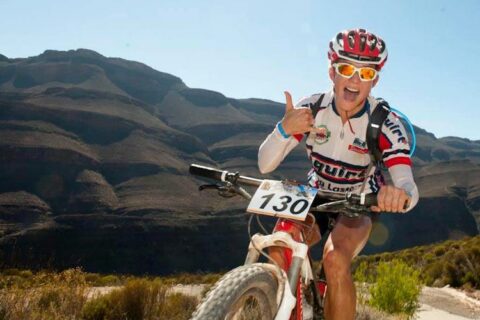
Evolution as an athlete is something that will come if you stay active for long enough. Navigating those changes can be a challenge, but athletes like Jessi Stensland seem only to improve with their years.
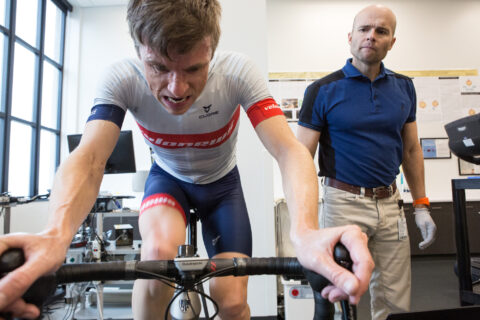
Training inside is hot! Here are some facts and tips on beating the heat indoors.
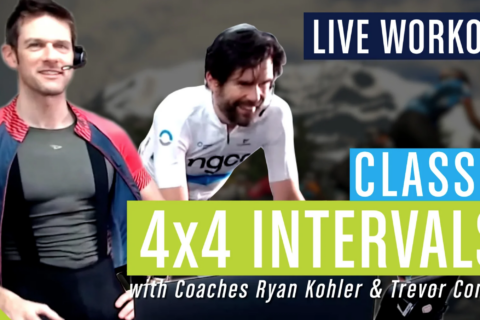
One of Coach Ryan’s favorites, these four-minute intervals at 90-95% maximum HR with three minutes rest are simple yet effective.

The execution of long slow distance rides might sound simple, but many people struggle to get it right. Can you be too steady on your LSD rides?
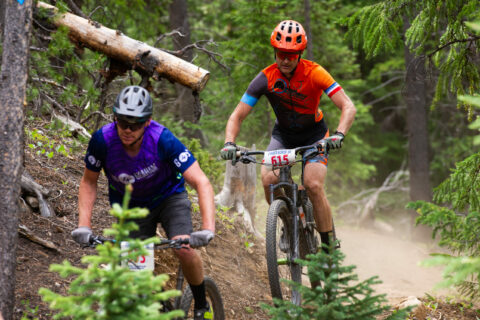
Coach and endurance mountain bike champ Daniel Matheny helps us field questions on coaching junior athletes, how aerobic capacity is impacted by intensity, PVCs, and much more.
Head Coach Ryan Kohler and Grant Holicky field questions on goal setting, cyclocross training, polarized training as you age, and cross training.
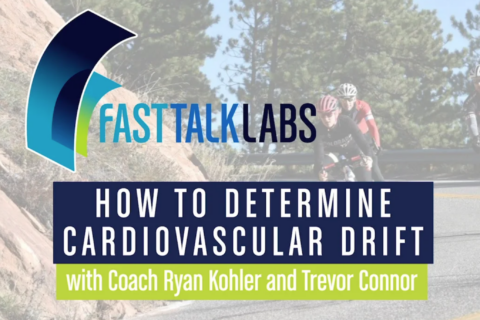
Cardiovascular drift is an instability in heart rate and stroke volume over time. We show you how to determine it.

How much training is too much? Where is the drop-off in terms of time spent training and race-day results?
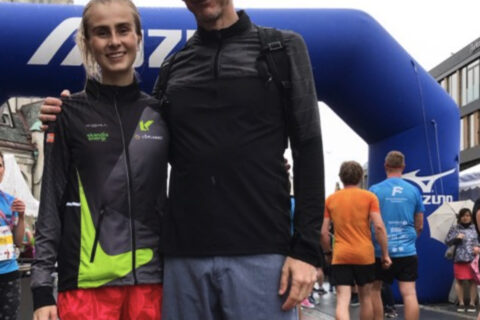
Dr. Seiler and his daughter Siren talk about intensity zones, peaking and riding the wave, recovery diagnostics, strength training, pistol squat PRs, Paula Radcliffe, and the loneliness of the high-level female endurance athlete.